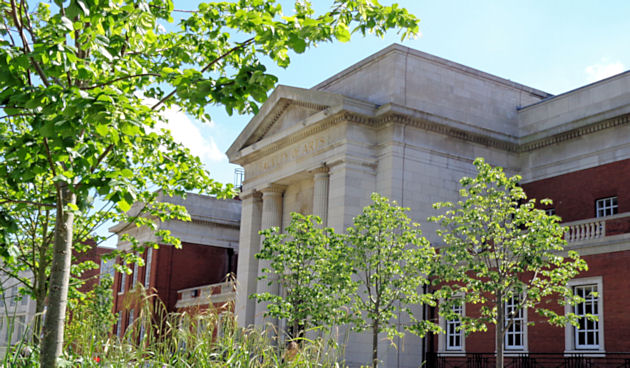
Multilingual, Located: A global south history seminar
Professor Francesca Orsini (SOAS) in conversation with Dr Deana Heath (Liverpool) and Professor Anindita Ghosh (History, SALC)
2 May
A7, Samuel Alexander Building
4.15-5.30 pm
The advantage of doing world literature from the perspective of South Asia is that its deep and persistent multingualism makes it impossible to begin with the equation of language and nation that underwrites so many other national literary histories. Literary history in South Asia can be neither simply national nor monolingual. Nor can one imagine a neat process of literary self-selection from local to regional to national to world. Historicising multilingualism and the relationship between language ideologies and literary tastes and practices is crucial, and so is paying attention to the media through which literature has circulated into and out of Indian languages (English included), and across regions and countries along different “significant geographies.” The prominence of the magazine in India as a vehicle for literary “worldmaking” (Goodman) helps us consider notions of visibility and familiarity, “thick” and “thin” readerly encounters and the local production of world literature in new and interesting ways.
Short Bio:
Professor Orsini is a world leading expert on Hindi and Urdu literature and the author of two monographs, several edited volumes and numerous journal articles as well as book chapters. In her own words, she is ‘interested in the worldliness of literature both as it inhabits and intervenes in the world, and also in the imaginative worlds literature creates’. Professor Orsini is a fellow of the British Academy and member of Steering Committee of the British Comparative Literature Association and of the Institute of World Literature, and is currently leading the project “Multilingual locals and significant geographies: for a new approach to world literature” (MULOSIGE, funded by the European Research Council), which seeks to propose an alternative, located and multilingual, approach to world literature, from the perspective of three regional sites – north India, the Maghreb, and the Horn of Africa – in the colonial and postcolonial periods and the contemporary globalizing moment.

0 Comments